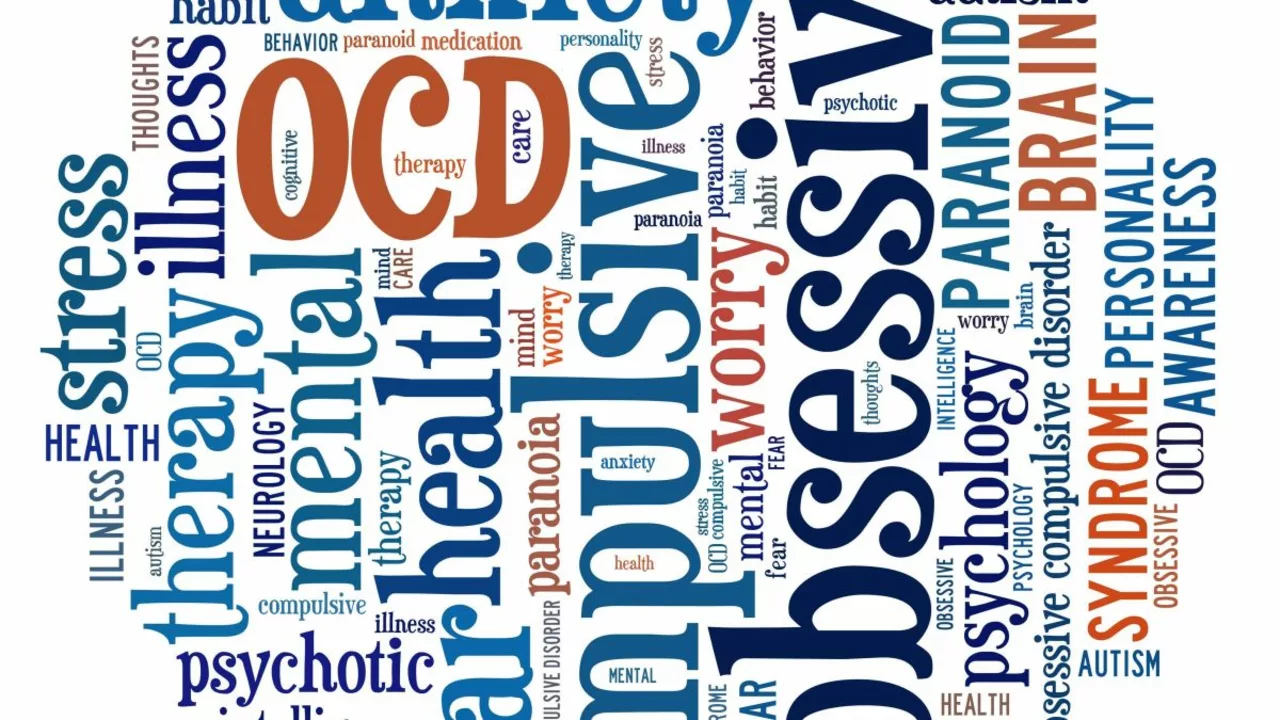One surprising fact: obsessive-compulsive disorder isn't just about being tidy — intrusive thoughts and rituals can steal hours every day.
If you or someone you care about is living with obsessive-compulsive disorder, you want simple, practical steps that help. This page pulls together what works, what to avoid, and where to get help fast.
OCD looks different for everyone. Obsessions are unwanted, repetitive thoughts, images, or urges that cause real anxiety. Compulsions are actions people do to ease that anxiety — checking, hand washing, counting, repeating words, or arranging objects until they feel "right." Many people hide symptoms out of shame, so severity can be underestimated.
Effective treatments exist. The top choice is cognitive behavioral therapy with a specific method called exposure and response prevention (ERP). ERP gradually exposes you to feared thoughts or situations while preventing the usual compulsive response. It feels hard at first, but ERP has the strongest track record. If therapy access is limited, guided self-help workbooks or online ERP programs can be a practical step while you wait.
Medications can help too. Several SSRIs are commonly used for OCD at higher doses than for depression. Clomipramine is another option when SSRIs don't work. Meds reduce symptoms for many people, but they often take weeks to start working and can have side effects. Always talk with a prescriber about dose, expected timeline, and side effects.
Daily habits make a difference. Build a short, consistent routine that includes sleep, movement, and simple stress tools like breathing or a 5-minute grounding exercise. Cut back on caffeine if it spikes anxiety. Use a timer for tasks so checking behaviors don’t expand to hours. Replace the urge to perform a compulsion with a small competing action — for example, practice five deep breaths, or leave the room for 60 seconds.
Families and friends: support matters, but well-meaning help can reinforce rituals. Avoid arguing or doing tasks for the person. Instead, set clear boundaries and encourage treatment steps. Learn about ERP so you can offer specific, calm support.
When to get urgent help: if obsessions include harming yourself or others, or if compulsions cause major health risks or prevent eating, seek urgent care. If thoughts lead to intense suicidal thinking, contact emergency services immediately.
Finding treatment on a budget: look for university clinics, community mental health centers, sliding-scale therapists, or online programs that teach ERP. Some reputable websites offer free worksheets and step-by-step plans.
Small wins add up. Track one measurable goal each week, like reducing a checking ritual from five times to three. Celebrate the progress even if it feels slow. With the right mix of therapy, medication, and daily tools, people with OCD can regain control and spend time on things that matter.
Want help finding a therapist? Start by asking your primary care doctor, use online directories like Psychology Today, or check local support groups. You can also try short-term coaching or peer-led OCD groups for extra accountability while you start formal treatment. Recovery is steady, not instant.
The Role of Medication in Managing Obsessive-Compulsive Disorder
- Robin Tudge
- April 30, 2023
- 13 Comments
As someone who has researched extensively about Obsessive-Compulsive Disorder (OCD), I can confidently say that medication plays a crucial role in managing this condition. Many individuals diagnosed with OCD benefit greatly from taking prescribed medications, which are typically selective serotonin reuptake inhibitors (SSRIs) that help in regulating mood and anxiety. I've found that combining medication with cognitive-behavioral therapy often results in the best outcomes for patients. However, it's essential to remember that each person's experience with OCD is unique, and finding the right treatment plan may take time and patience. Overall, medication is a valuable tool in managing OCD and improving the quality of life for those affected by this challenging disorder.
read more
